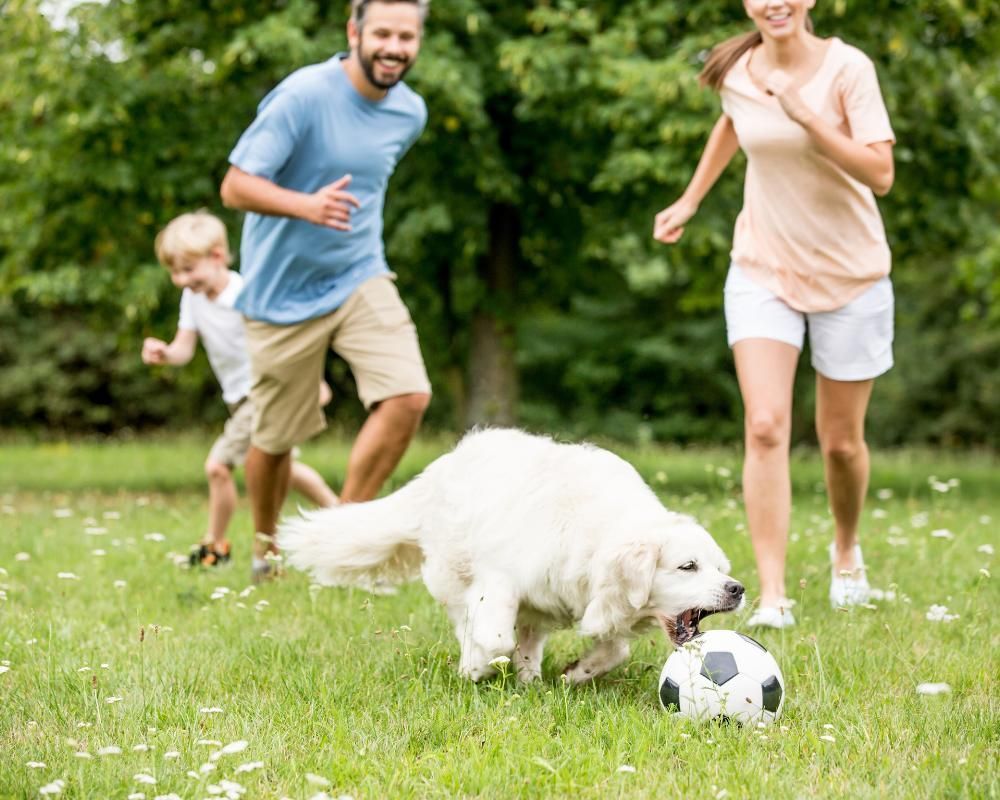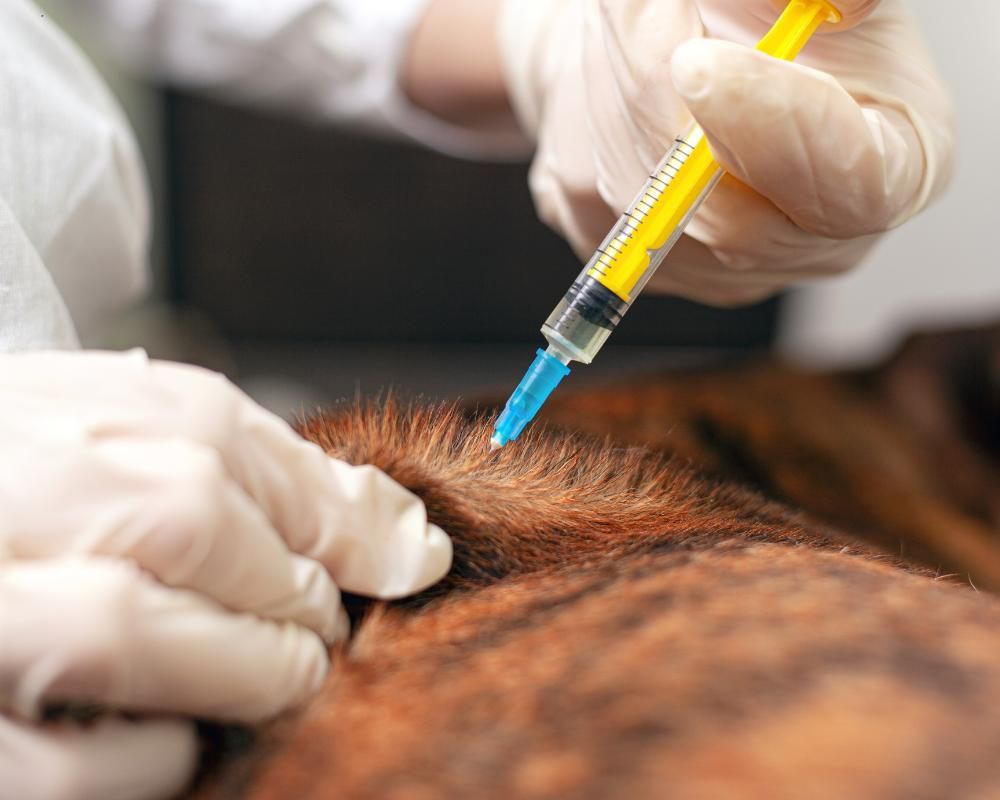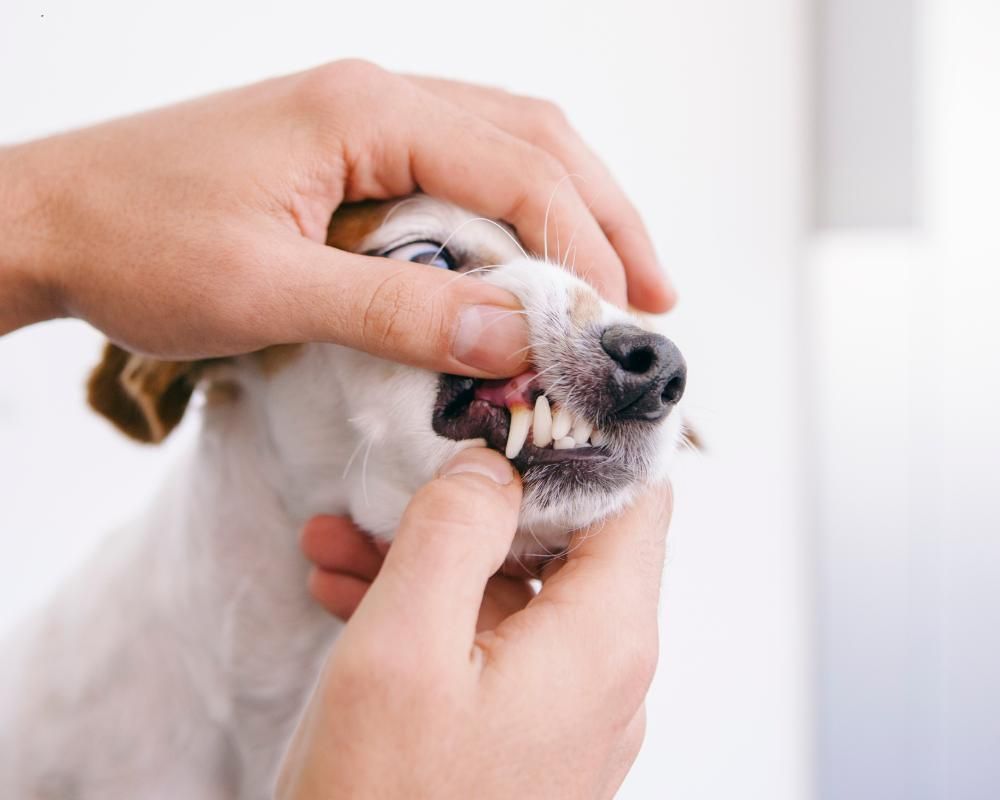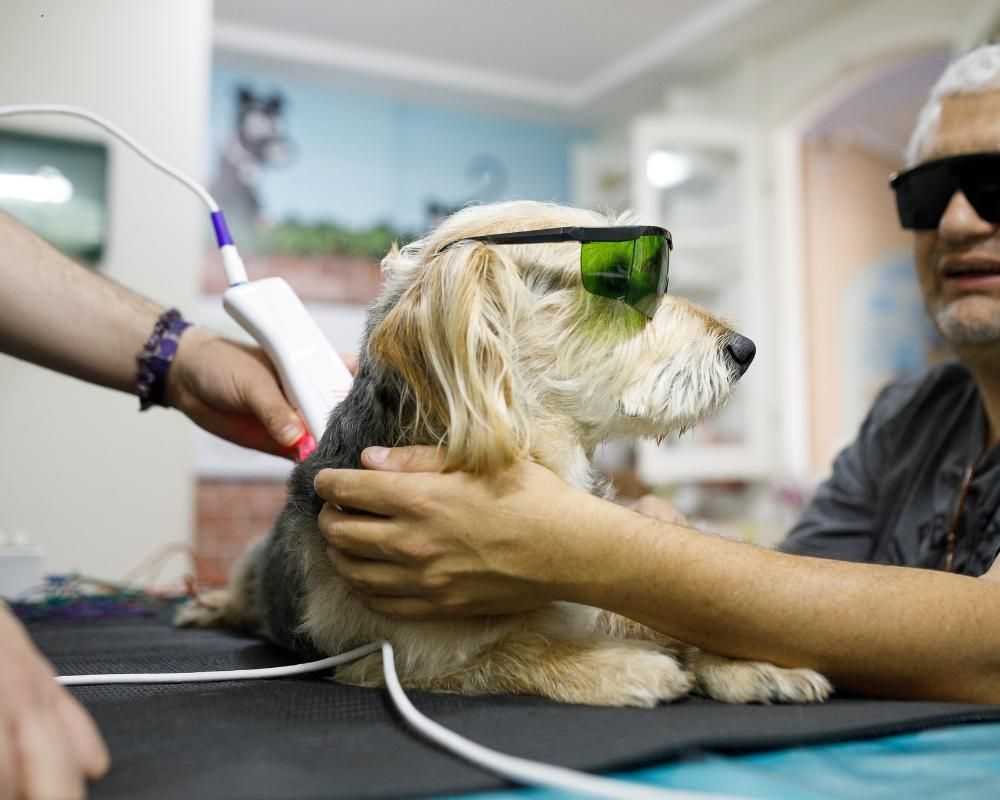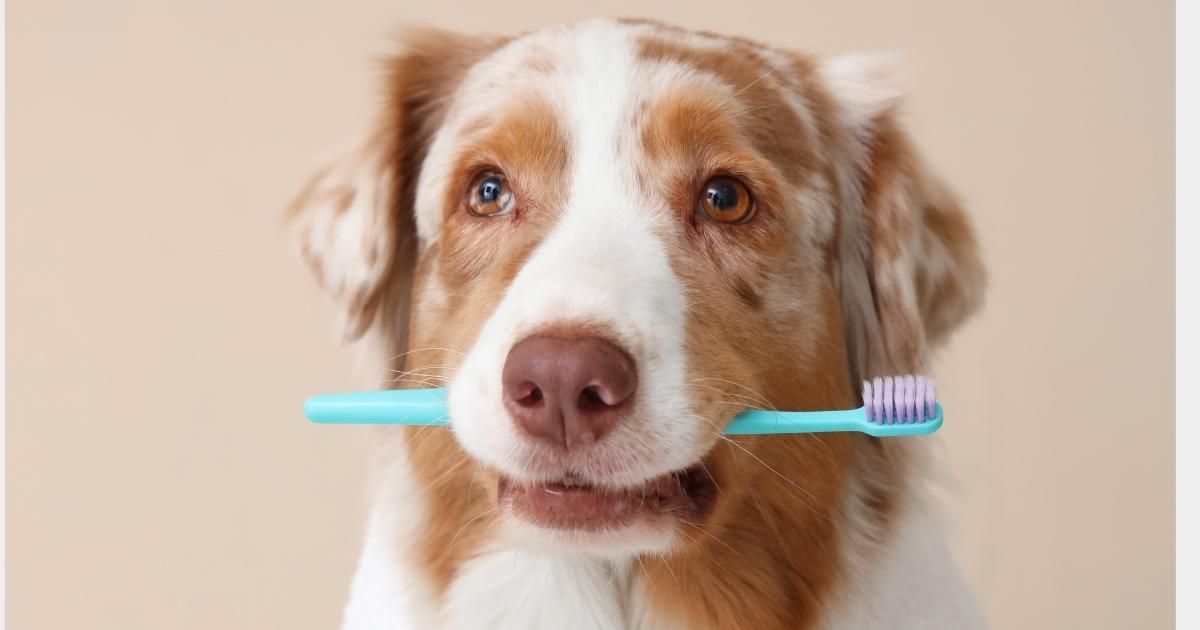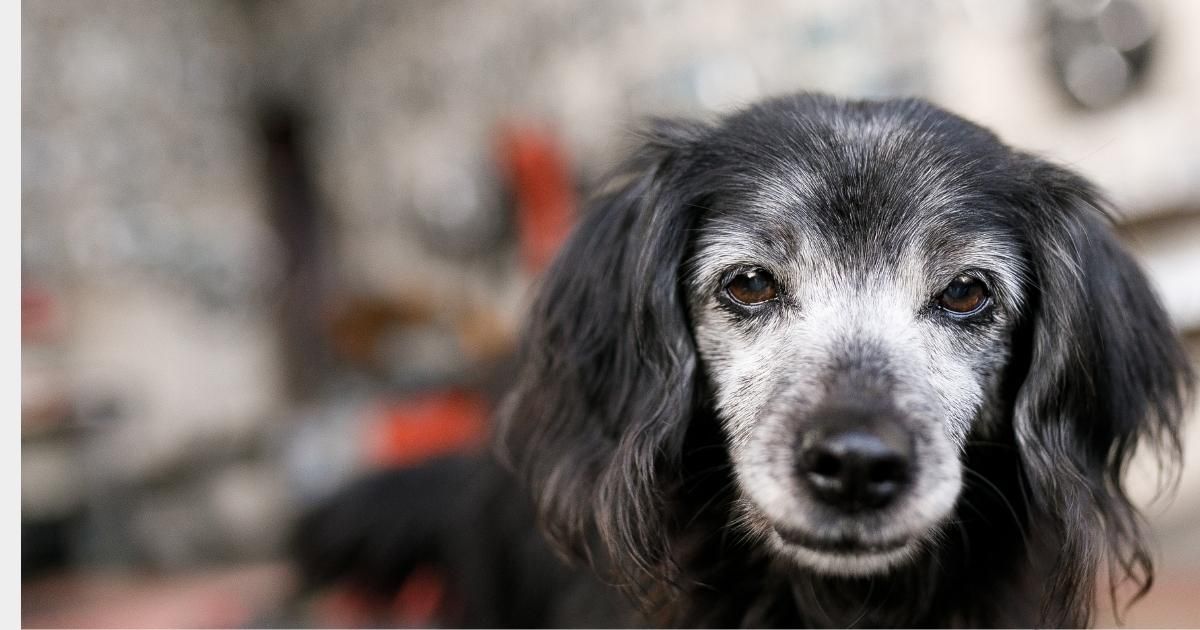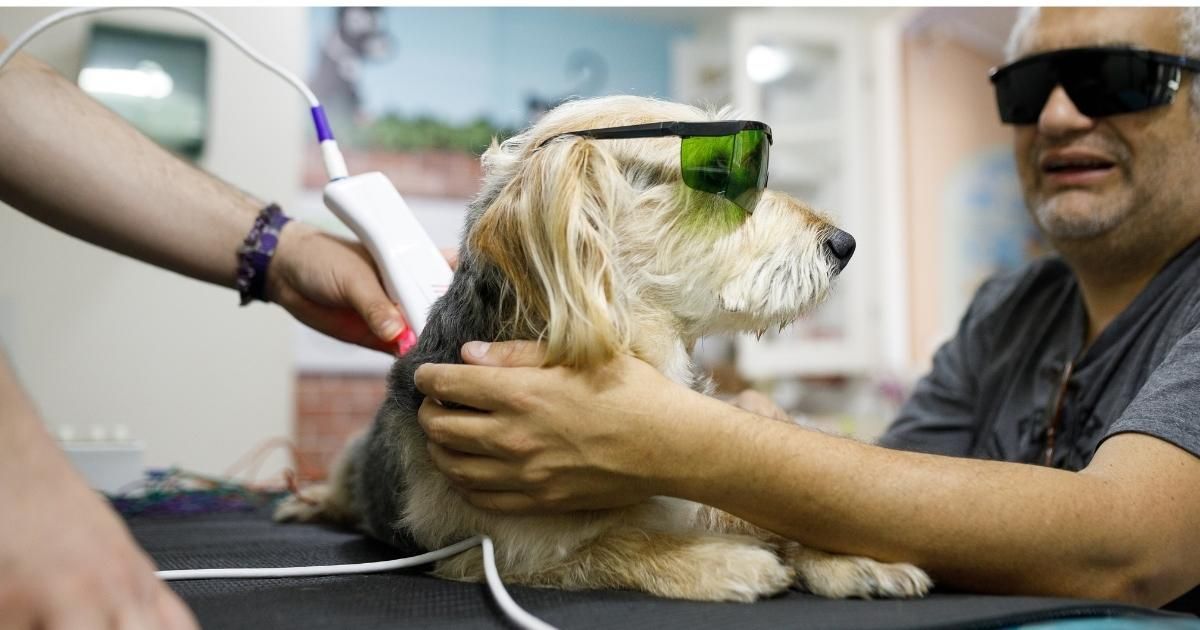How to Care for a Senior Dog
January 29, 2024
Caring for a senior dog is more than just a responsibility; it's an opportunity to show love and appreciation to faithful companions who have been by your side for years. Your faithful companion has been with you through thick and thin, always there to greet you with wagging tails and unconditional love when you come home. They can sense when you're feeling down or unwell and will shower you with affection to make you feel better. Now it's your turn to show them love and care by giving them intentional senior dog care.
Make Vet Visits a Priority
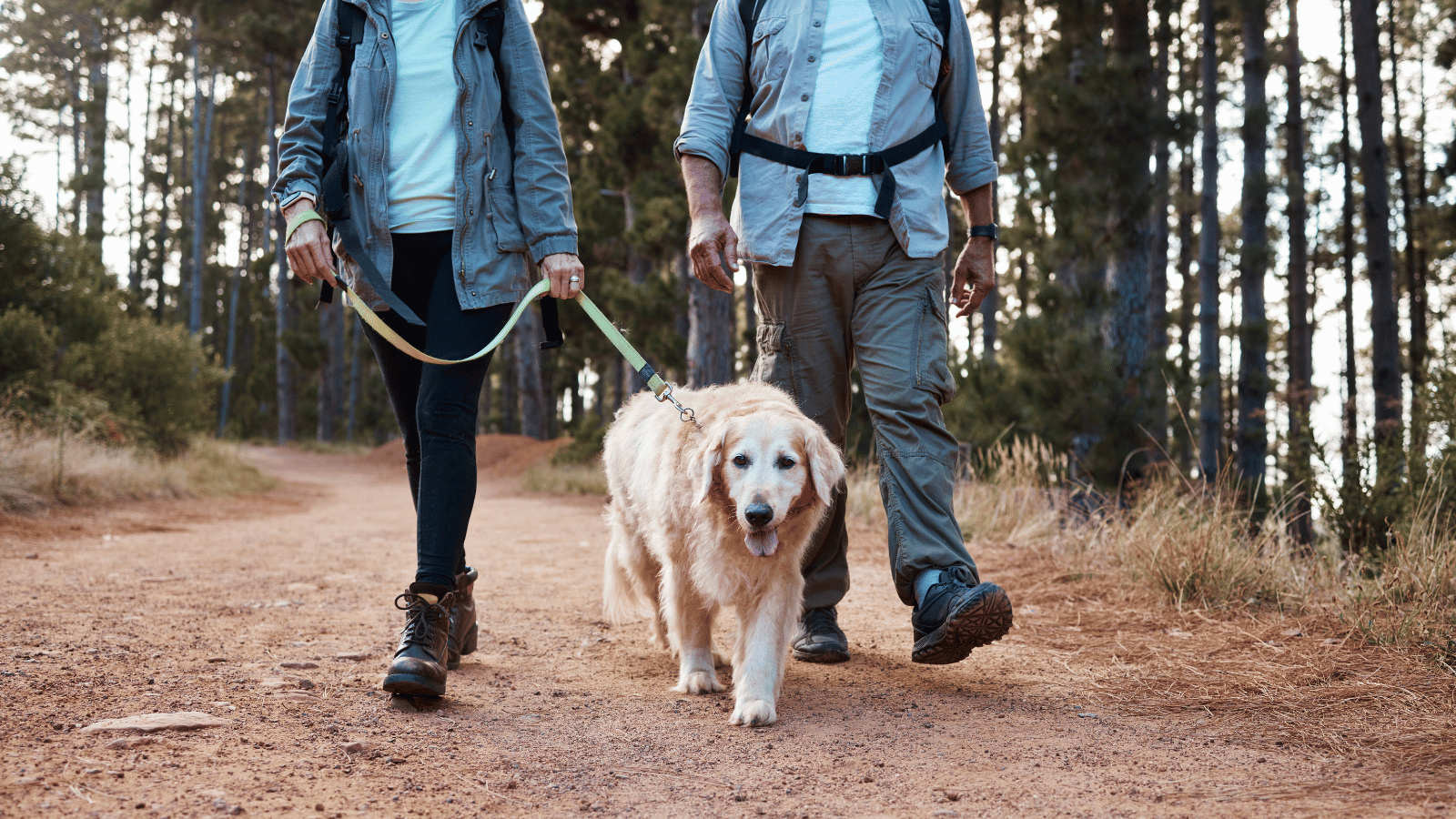
Make visits to the vet a priority when it comes to caring for a senior dog. As our furry friends age, they may require more attention and specific care. Therefore, it is important not to skip visits to the vet; in fact, it may be necessary to visit the vet more frequently. By establishing a relationship with a primary vet, they can become familiar with your elderly dog and their medical history. This will enable the vet to provide tailored care and address any potential health issues promptly. Prioritizing regular vet visits ensures elderly dog care is received with the necessary medical attention and support needed to support a healthy and comfortable life.
Look Out for Signs of Joint Issues
It is especially important to look out for signs of joint issues in senior dog care. Certain breeds, such as Labradors, Golden Retrievers, and Cocker Spaniels, are more prone to developing joint problems. When caring for older dogs, look for the following indications of joint problems:
If you notice any of the above symptoms, it is essential to take your furry companion to the vet for a thorough examination and appropriate treatment. Be proactive and catch the signs of joint issues early when caring for a senior dog.
- Awkward movements when sitting down or being clumsy in any way
- Slipping when getting up too quickly
- stumbling around
- Struggling to get up
If you notice any of the above symptoms, it is essential to take your furry companion to the vet for a thorough examination and appropriate treatment. Be proactive and catch the signs of joint issues early when caring for a senior dog.
Keep an Eye on Their Weight
Weight management is another important area to attend to in senior dog care. You needn’t be too concerned about your dog’s weight unless s/he is becoming obese. Too much extra weight will lead to additional stress on their hearts and joints. In order to maintain a healthy weight, it is recommended to cut back on food and limit treats while also providing opportunities for exercise.
Rapid weight loss in aging dogs demands medical attention promptly. Rapid weight loss is an underlying symptom of multiple health problems, such as cancer, dental diseases, or diabetes in elderly dogs. Consulting with a professional veterinarian is essential to ensuring the proper diagnosis and treatment for your beloved companion with rapid weight loss.
Rapid weight loss in aging dogs demands medical attention promptly. Rapid weight loss is an underlying symptom of multiple health problems, such as cancer, dental diseases, or diabetes in elderly dogs. Consulting with a professional veterinarian is essential to ensuring the proper diagnosis and treatment for your beloved companion with rapid weight loss.
Exercise Regularly
Prioritize regular exercise when caring for a senior dog. As dogs get older, their bodies naturally experience changes and may become more prone to joint issues. By engaging them in physical activities, we can help support their aging joints and ensure they have a better quality of life. It is important, however, to find a balance between keeping them active and not pushing their limits. Adjust the type and duration of exercise to what their mature bodies can comfortably handle. In order to ensure healthy muscles and a feeling of well-being for aging dogs, regular exercise is essential.
Put Your Dog on a Senior Friendly Diet
You have probably noticed that dog food is specially formulated to cater to different breeds, sizes and life stages, including puppies and senior dogs. The reason behind this is that different dogs have different nutritional requirements. For instance, aging dogs generally need 20% to 30% fewer calories compared to adult dogs. That's why dog food formulated for senior dog care contains kibbles with 50% of the calories derived from protein. This high protein content helps senior dogs retain their muscle mass and protein reserves. By putting your dog on a senior friendly diet, you are ensuring that they receive the appropriate nutrients to support their overall health and well-being in their golden years.
Make Your Home Comfortable for Your Senior Dog
Caring for a senior dog requires special attention and consideration to ensure their comfort and well-being. As our dogs age, they may experience mobility issues, joint pain, and a decrease in overall body strength. To create a comfortable home environment for your senior dog, there are a few key factors to keep in mind:
Incorporate these elements into your home to ensure your senior dog feels comfortable and loved while promoting their overall happiness and well-being.
- Consider investing in ramps or stairs to help them easily access their favorite spots.
- Place rugs or non-slip mats in areas where they could potentially slip to give stability and prevent accidents.
- Create sleeping areas that are cushioned and supportive, specifically to alleviate joint discomfort.
- Use elevated bowls to make it easier for your aging dogs to access their food and water without straining their neck or back.
Incorporate these elements into your home to ensure your senior dog feels comfortable and loved while promoting their overall happiness and well-being.
Most Importantly... Give Them SO Much Love
Most importantly, when caring for older dogs, lavish them with love. Caring for a senior dog requires spending lots of time with them and showing them how much of a blessing they are in your life. Remember, affection is not just something they want but something they need as well. It has numerous benefits, such as reducing stress, inducing sleep, and improving their mood. So, don't hesitate to shower your aging dog with love and attention. They deserve it, and you’ll surely be rewarded with their unwavering loyalty and companionship.
They deserve all the care and affection you can give. After all, they are our best friends, and they deserve nothing less.

